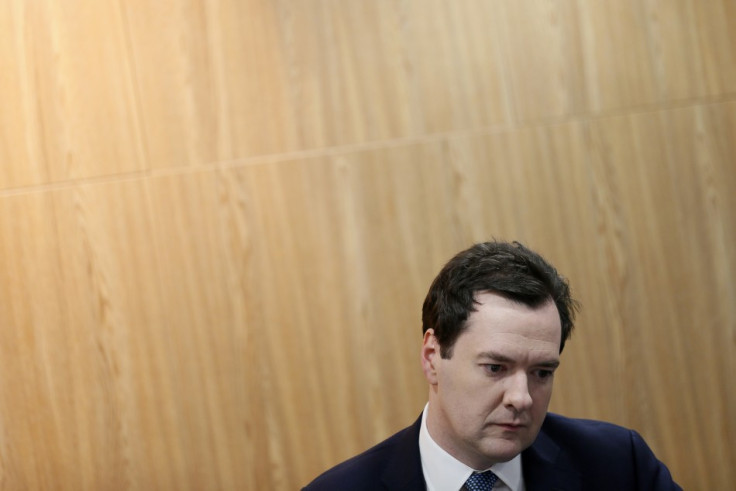Fitch Attacks Help to Buy: Profit Boost for Banks and Builders but Few New Homes

Chancellor George Osborne's consumer mortgage easing scheme Help to Buy will boost banks' and builders' profits without seeing the construction of any new homes, says Fitch Ratings.
Banks will benefit from the extra home loans business they will get from the UK government's leg up to the mortgage market on offer to Britons, while builders will make more money from the higher house prices which will be pumped up by greater demand burdening the already insufficient supply.
Under Help to Buy, the government offers consumers an interest free equity loan of as much as 20% of a property's value, to bring down the total deposit requirement on a bank home loan, which has been one of the biggest barriers to first time buyers.
From 2014, banks will also be offered a government guarantee on their residential mortgages, for a fee, to dampen the risk of lending. Osborne hopes it will induce extra demand and so catalyse the supply side into building more desperately needed homes.
"For house builders the main benefit from the second phase of the scheme will come from rising house prices, rather than increased volumes," said the note from Fitch Ratings.
"This is because selling a house for more than originally expected has no additional associated costs and therefore generates pure profit, whereas increasing volumes also increases variable costs.
"Builders also might prefer to avoid sharply increasing construction because of the risk that they may not be able to sell the properties when they are completed in two years' time."
Fitch added that this risk was offset by the scheme's three-year shelf life.
"While the scheme does not come with any requirements on home builders to increase construction, we do expect them to face political pressure to build more," said the note.
New Housing Bubble?
House prices have been underpinned by the lack of new supply of affordable homes into the property market. In 2012 alone, most estimates say 250,000 homes needed to be built, in order to keep up with the current level of demand. Just 100,000 new houses were made.
While most regions of the UK saw a general decline in house prices since the financial crisis, London's prices are around 9% above their pre-recession peak.
Many fear Help to Buy will create an even greater distortion in the capital's housing market, blowing an even bigger property bubble.
There has been six successive months of an increase in the UK's average house price, according to the Halifax index, with the latest rise coming in at 0.9% in July.
There has been resurgence in residential homebuilding in the construction sector since Osborne's Help to Buy announcement, though this is likely a reaction to existing slack in the market and an improving economic outlook leading to greater business confidence and investment.
© Copyright IBTimes 2025. All rights reserved.






















